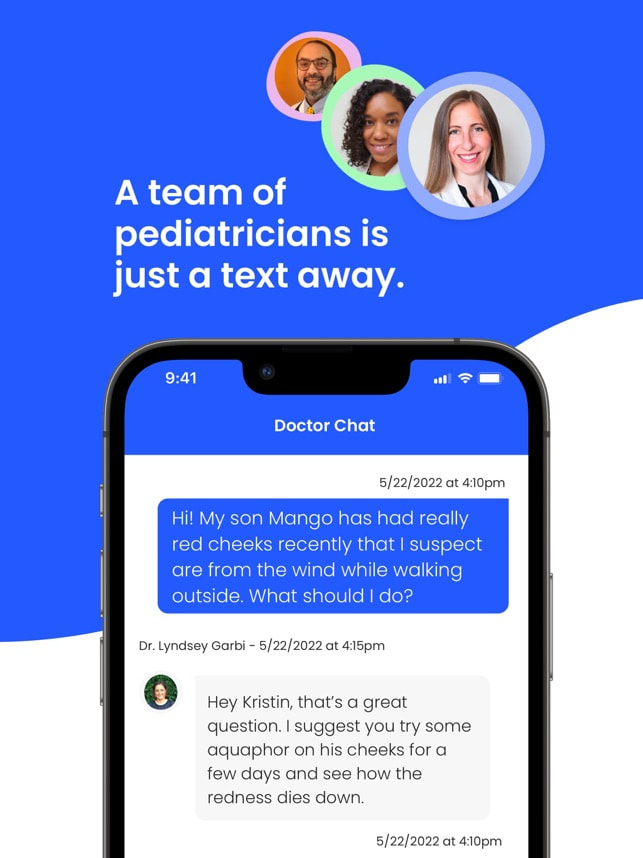|
Our bio son was 2 when we finalized our foster license. We specifically wanted to be placed with a child that was a few years older than him. I figured it would take a small adjustment but the kids would quickly love each other and be best friends.
I was wrong—at least about the "quick" part. The first few weeks after our first foster placement arrived, these kids hit, pushed and fought constantly. During one of our foster son's (many) first medical check ups, the doctor asked him how he liked me and my husband; We got a thumbs up. Then she asked how he liked "little brother" and he gave a quick thumbs down. Let me clear, this was more than your normal sibling rivalry. They really seemed so frustrated and stressed out by each other. We were doing everything "right" as far as giving each undivided attention every day, providing fun opportunities with each other, but it wasn't enough. By week three, I had to put our old changing table pad between the two of them in the car so they wouldn't reach over in their car seats (our foster) or hurl a shoe at the other (our bio). I wondered if we had made a terrible mistake. This kept me up at night... but thankfully that gave me time to game plan. Here's what we did that helped them improve their relationship.
It was around this time too that I really started seeing them regularly find joy in each other without my husband or I playing an active role in things. And now, 11 months in as I write this, no lie, I'm listening to them from the other room be so silly and crack up while they're playing together with absolutely no coaching necessary. They seriously love each other like crazy and that fills me with so much joy! What's more, I think about everything they have learned through their relationship (yes, with a lot of support from us) that will benefit them for years to come and maybe their lifetime: How to deal with difficult situations; How to use their words when they want something; How to empathize with other people's emotions; How to appropriately react when they're upset; How to respect someone; and my favorite, how to be a loving sibling. |
AuthorI'm a foster mom, bio mom, working mom, special needs mom, busy mom. I'm also married to my high school sweetheart, I'm a proud 23-year childhood cancer survivor, and I'm passionate about serving my community. More from FosterMamaArchives
March 2023
Categories
All
|


 RSS Feed
RSS Feed